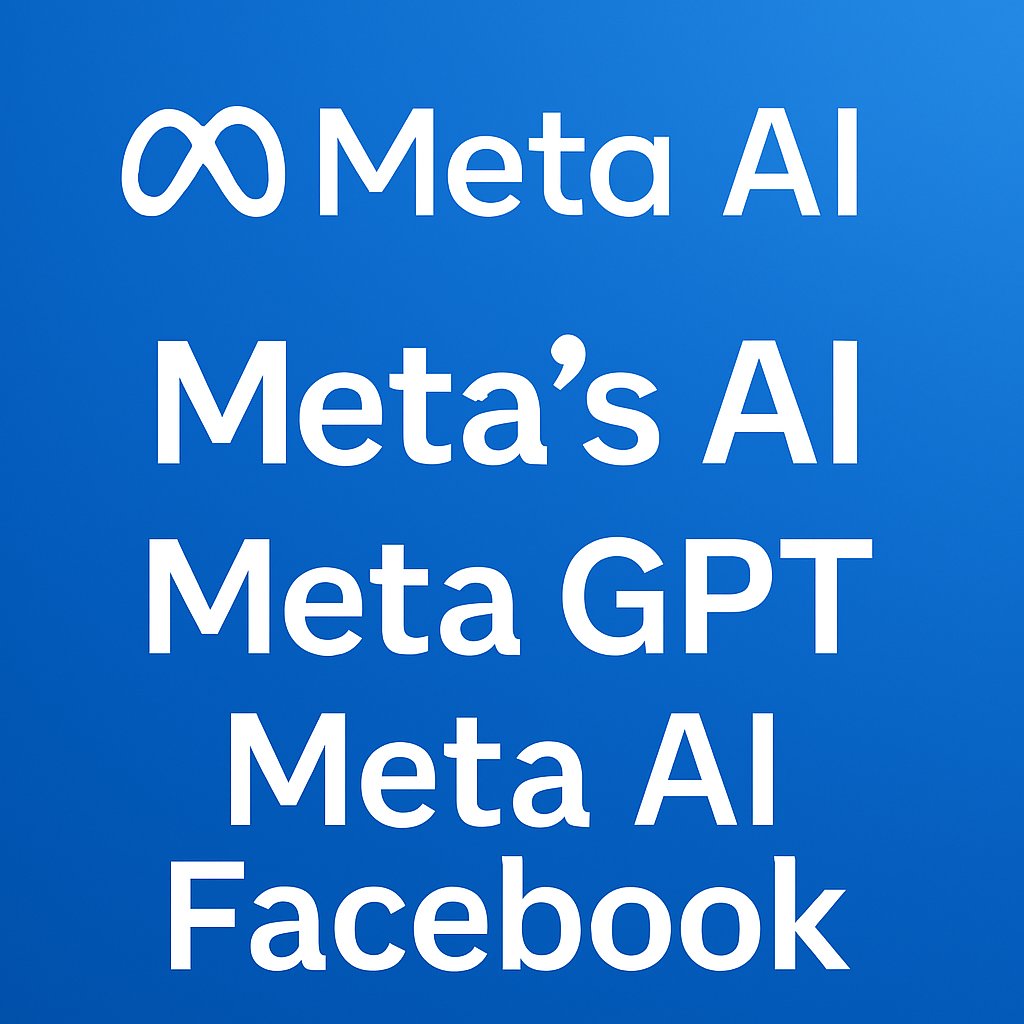Top 12 AI Platforms for Business in 2025

The Rise of Artificial Intelligence Platforms: A Guide to Choosing the Best Tools for Your Business
In today’s fast-evolving digital landscape, artificial intelligence (AI) is no longer a futuristic concept—it’s a practical tool reshaping how businesses operate. As of March 23, 2025, AI adoption continues to surge, with 73% of U.S. companies integrating it into their workflows, whether for generating ideas, writing code, or producing text and images. The appeal is clear: AI promises efficiency, innovation, and a competitive edge. But with a flood of AI-powered platforms available, each boasting unique capabilities, the big question remains—which one is right for your business?
Do you need predictive analytics to forecast trends, or a tool to streamline your design process? Are you a small startup or a large enterprise? The options can feel overwhelming, but don’t worry—this guide is here to help. We’ll dive into what AI platforms are, their benefits and challenges, and spotlight the top 12 tools dominating the market today. By the end, you’ll have a clearer roadmap to harness AI for your business needs.
What Is an AI Platform?
At its core, an AI platform is a software system designed to perform tasks typically requiring human intelligence—think learning, reasoning, problem-solving, and decision-making. These platforms leverage cutting-edge technologies like machine learning (ML), natural language processing (NLP), and deep learning to build, deploy, and manage AI-driven solutions.
For businesses, AI platforms act as a bridge, enabling developers and non-technical users alike to create tailored applications without starting from scratch. They handle data processing, model training, and performance visualization, all while reducing the time, cost, and resources traditionally needed for such projects. Whether you’re automating customer support or analyzing massive datasets, these tools are built to scale and adapt.
Now that we’ve got the basics down, let’s jump into the top 12 AI platforms making waves in 2025.
Top 12 AI Platforms for Businesses in 2025
After hours of research and analysis, here’s our curated list of the best AI platforms, each excelling in specific use cases. Let’s explore what makes them stand out.
1. Guru
Best For: Simplifying your company’s knowledge base
Guru is more than just an AI tool—it’s an enterprise-grade wiki, intranet, and knowledge management system rolled into one. By harnessing AI, Guru centralizes your company’s collective knowledge, pulling insights from documents, chats, and apps. It then delivers relevant, timely information to employees without requiring them to switch tools. Bonus: it integrates with OpenAI’s ChatGPT, letting users tap into company knowledge directly from the chatbot interface.
- Key Features: AI-driven content suggestions, customizable branding, pre-built templates
- Use Case: Perfect for businesses of all sizes looking to streamline internal knowledge access
- User Insight: “It’s like Google for our company data—type a keyword, and boom, you’ve got answers.”
2. Rasa
Best For: Building advanced chatbots and AI assistants
Rasa empowers companies to create conversational AI that feels human. With its no-code interface and robust NLP capabilities, Rasa lets you craft chatbots that handle complex customer interactions across multiple channels. Security is a priority too, ensuring your data stays safe.
- Key Features: Drag-and-drop interface, flexible deployment (on-premise or cloud), multi-channel support
- Use Case: Ideal for industries like finance, healthcare, and travel needing personalized customer service
- User Insight: “Rasa’s customization makes it a game-changer for tailored business solutions.”
3. Vertex AI
Best For: Beginner-friendly AI app development
Google’s Vertex AI brings all the power of Google Cloud into one platform. It’s designed to simplify training and deploying ML models, making it accessible even to those new to AI. You can also fine-tune large language models (LLMs) for custom applications.
- Key Features: AutoML for easy model building, version tracking, pre-trained APIs
- Use Case: Great for ML engineers and developers seeking a user-friendly entry into AI
- User Insight: “It ties Google’s tools together seamlessly—saves time and effort.”
4. Microsoft Azure
Best For: Generative AI solutions
Microsoft Azure shines in deploying generative AI applications. With open-source frameworks and multimodal models, it’s a playground for developers to build innovative tools using their preferred coding languages.
- Key Features: AI-powered search, efficient ML workflows, resource-light Phi-3 models
- Use Case: Tailored for IT-driven businesses needing scalable AI solutions
- User Insight: “Azure’s flexibility makes it a go-to for all our IT needs.”
5. OpenAI ChatGPT
Best For: Conversational AI and content generation
ChatGPT needs no introduction. Built by OpenAI, this versatile chatbot mimics human conversation, answers questions, and generates text or images based on prompts. It’s a powerhouse for brainstorming, learning, or content creation.
- Key Features: Image generation, voice recognition, code writing
- Use Case: Suits both personal and professional tasks across industries
- User Insight: “Give it the right prompt, and it’s like having a super-smart assistant.”
6. H2O.ai
Best For: Extracting insights from data
H2O.ai is a cloud-based AI solution that turns raw data into actionable insights. With features like automated ML and document processing, it’s a favorite for businesses aiming to boost productivity and innovation.
- Key Features: Driverless AI, deep learning toolkit, document AI
- Use Case: Perfect for data scientists and multi-industry enterprises
- User Insight: “The automation and UI design make data analysis a breeze.”
7. TensorFlow
Best For: Open-source ML development
Developed by Google, TensorFlow is a flexible, open-source library for building and deploying ML models. It supports multiple programming languages and scales across environments.
- Key Features: Modular flexibility, parallel neural network training, free access
- Use Case: Ideal for developers and researchers crafting high-quality ML solutions
- User Insight: “The community support and ease of coding are unbeatable.”
8. IBM Watson (watsonx.ai)
Best For: Comprehensive AI model development
IBM’s watsonx.ai combines generative AI, foundational models, and data science tools to streamline app development. It’s fast, efficient, and adaptable to custom models.
- Key Features: Flow engine, tuning studio, prompt lab
- Use Case: Suits businesses of all sizes across industries
- User Insight: “Quick integration and deployment—it’s a developer’s dream.”
9. Amazon SageMaker
Best For: Scalable ML model deployment
SageMaker is a fully managed platform for building, training, and deploying ML models. It’s packed with tools like MLOps and debugging, making it cost-effective and efficient.
- Key Features: Visual canvas, data wrangler, notebook integration
- Use Case: Great for cybersecurity, finance, and other data-heavy sectors
- User Insight: “It lets us focus on business logic, not infrastructure.”
10. PyTorch
Best For: Deep learning applications
Developed by Meta AI, PyTorch is an open-source framework that simplifies deep learning projects. Its user-friendly interface is a hit with beginners and pros alike.
- Key Features: Distributed training, robust ecosystem, cloud support
- Use Case: Perfect for healthcare, retail, and education sectors
- User Insight: “PyTorch makes complex learning accessible and fun.”
11. Claude.ai
Best For: Next-gen task automation
Created by Anthropic, Claude is a safe, privacy-focused AI assistant that rivals ChatGPT. It handles everything from data analysis to text generation with a conversational flair.
- Key Features: Task automation, data insights, language translation
- Use Case: Versatile for businesses of all sizes
- User Insight: “It feels like chatting with a colleague, not a machine.”
12. Dataiku
Best For: Data and analytics management
Dataiku is an all-in-one platform for building and managing AI-driven data projects. It fosters collaboration and speeds up deployment, from days to hours.
- Key Features: Data prep, generative AI, visualization tools
- Use Case: Suits diverse industries needing data-driven solutions
- User Insight: “Automation frees us up for higher-level work.”
Benefits of Using AI Platforms
Why invest in AI? The numbers speak for themselves—businesses adopting AI see revenue growth of 6% to 10% on average. But the perks go beyond profit:
- Task Automation: AI handles repetitive tasks, boosting productivity and freeing humans for strategic work.
- Error Reduction: Fewer manual mistakes mean higher accuracy and lower costs.
- Enhanced Customer Experience: AI chatbots provide 24/7 support and personalized responses.
- Better Decision-Making: Data-driven insights help you spot trends and seize opportunities.
Challenges of AI Platforms
AI isn’t flawless. Here are some hurdles to watch for:
- Cost: Development and maintenance can be pricey, especially for complex tools.
- Security Risks: Data breaches and misuse are concerns if safeguards falter.
- Data Dependency: AI thrives on high-quality data—without it, performance suffers.
- Bias: Poor data inputs can lead to skewed, harmful outputs.
How to Choose the Right AI Platform
Picking the perfect platform boils down to three factors:
- Key Features: Look for AutoML, collaboration tools, and seamless integration.
- Core Functions: Ensure it handles data processing, model training, and deployment.
- Ease of Use: Opt for intuitive interfaces with drag-and-drop options and solid support.
Final Thoughts
AI platforms are transforming businesses in 2025, offering tools to automate, analyze, and innovate. Whether you choose Guru for knowledge management or TensorFlow for ML mastery, the right platform depends on your goals. Weigh the benefits against the challenges, align features with your needs, and take the plunge—your business’s future might just depend on it.




